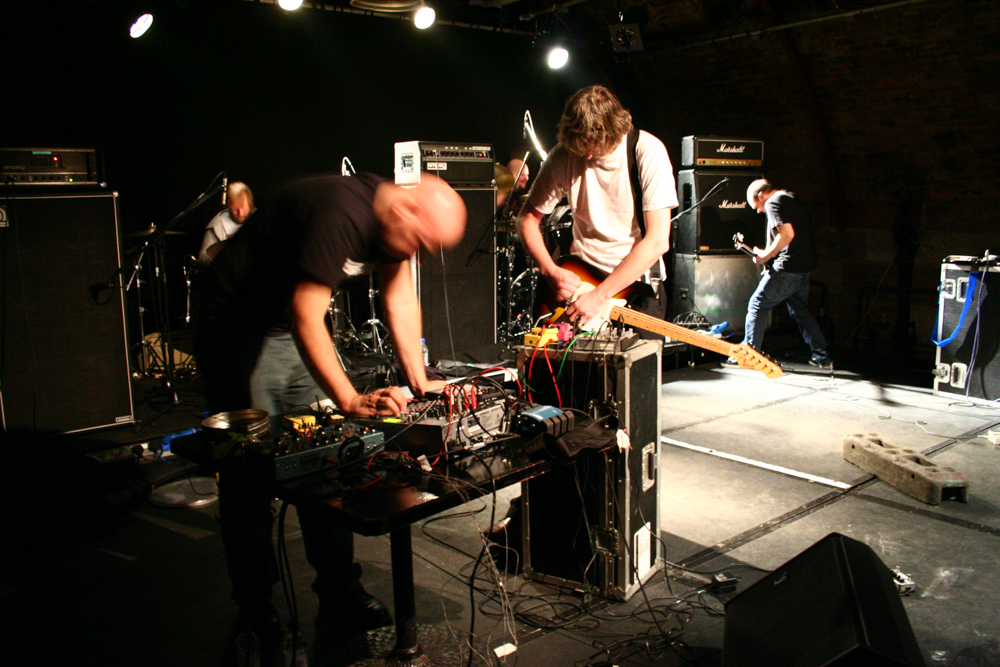
Jazkamer (metal music machine line-up)
Jazkamer
A black hole of dense heaviosity, full of slow motion riffage, tectonic pummel and massive planet destroying rock.
Arika have been creating events since 2001. The Archive is space to share the documentation of our work, over 600 events from the past 20 years. Browse the archive by event, artists and collections, explore using theme pairs, or use the index for a comprehensive overview.

A black hole of dense heaviosity, full of slow motion riffage, tectonic pummel and massive planet destroying rock.

Adamantly analogue, inspiring and frequently chaotic in performance, Metamkine draw no distinction between image and sound; during their intuitively improvised performances music and images are created simultaneously and equitably.
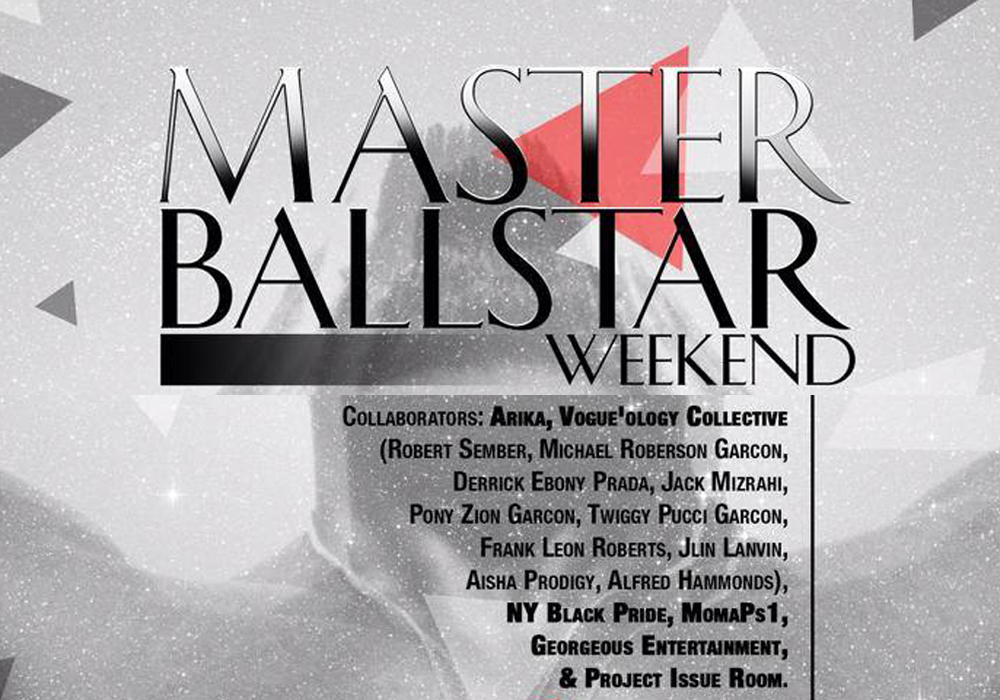
A series of events organised by the Vogue’ology collective from the House Ballroom community in New York grounded in the scenes history of autonomous, self-organised struggle and a shared investment in collective art practices and how those intersect with the multiple and often divergent struggles for freedom.

Underground movement legend boychild hosts this workshop—on improvisation, cosmetics, movement and lip-sync.
Glasgow. Low-end drone guitarage army in praise of the open chord.

Formed as a means to realise William Bennett’s goal of “a sound that could bludgeon an audience into submission”
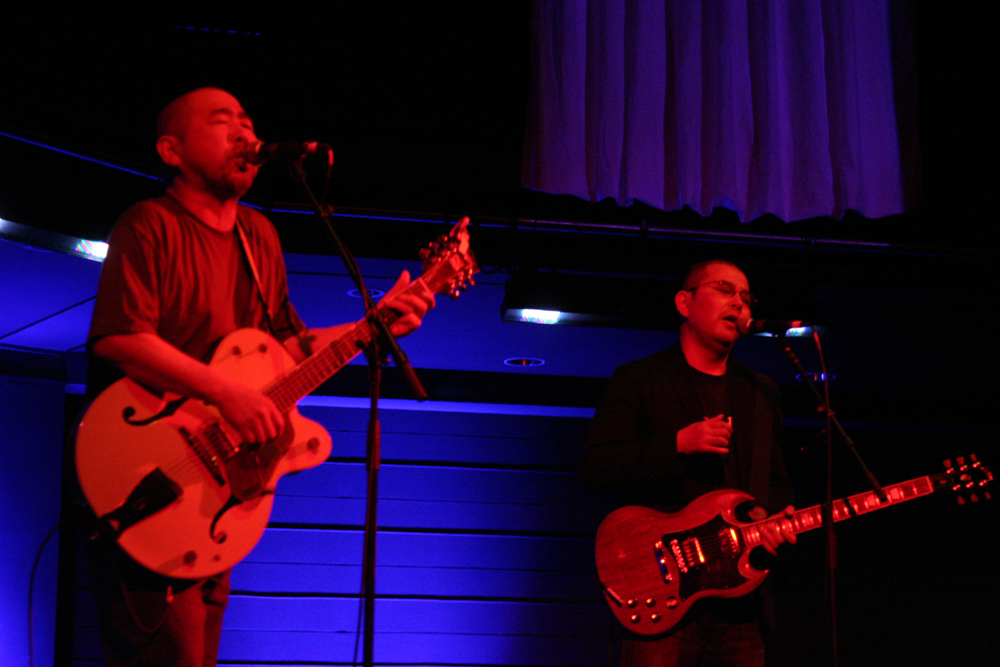
Folk poet, actor and bon viveur Kan Mikami in duo with Jojo Hiroshige, a founding member of Japanese Noise band Hijokaidan.

A panel exploring the poetics of abolition. “Poetry is not only dream and vision; it is the skeleton architecture of our lives. It lays the foundations for a future of change.”
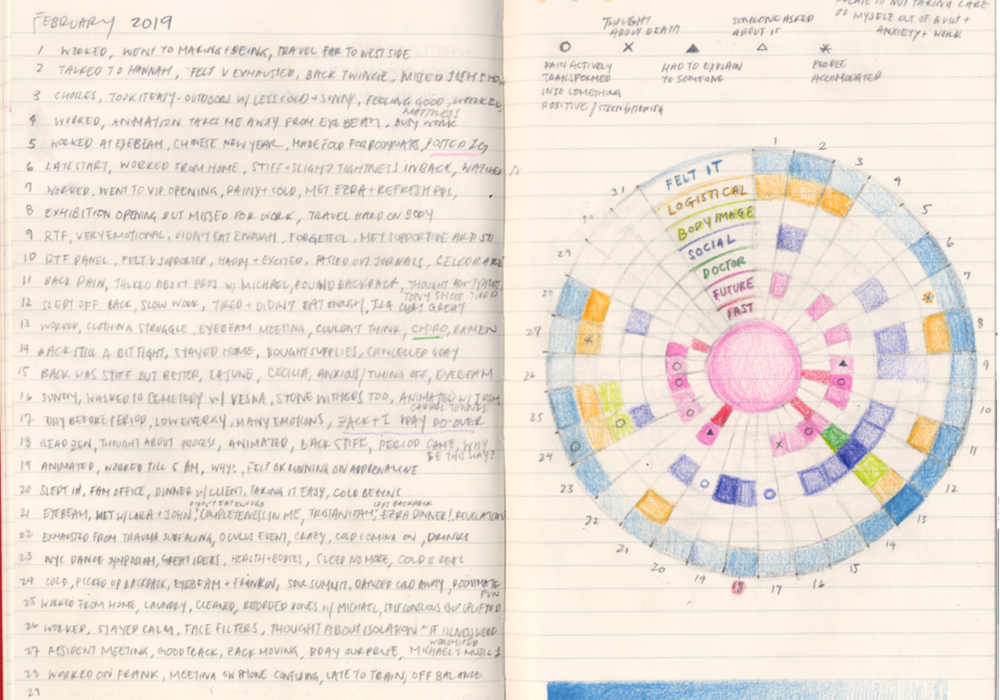
Coming to us from Taipei, Yo-Yo sends us elsewhere while bringing us back with her to the timezone of tomorrow. A dancer, media artist, and choreographer who makes multi-dimensions and realms, Lin’s amplification of energies and connections across bodies devolves the separations we are taught to abide.
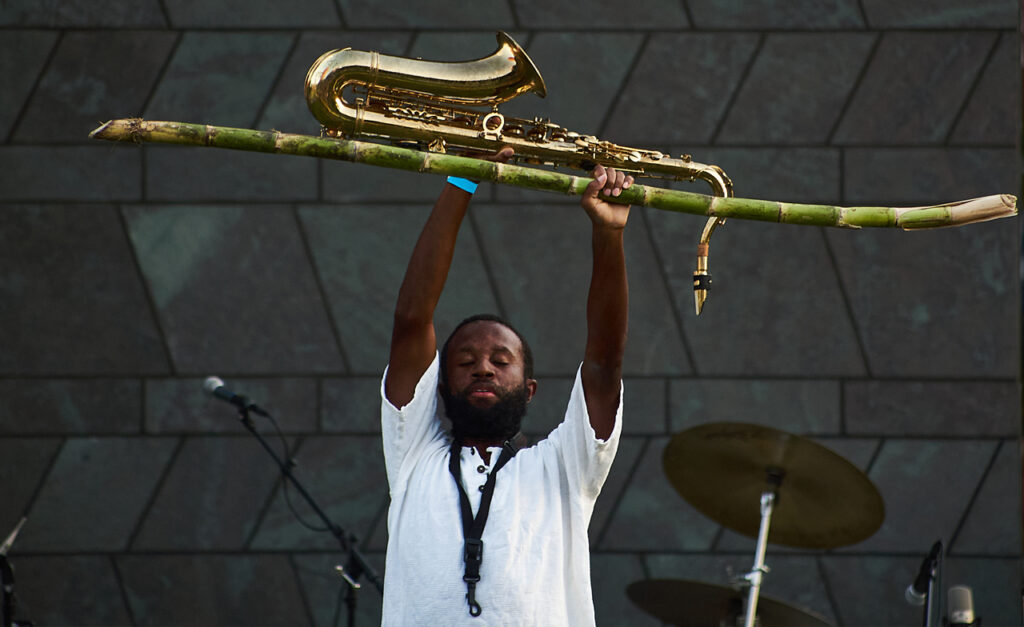
Ellis’s processional, precessional cessation and continuation of movement and music comes to us via his forthcoming release Aster of Ceremonies (Milkweed Editions, 2023)

UK conceptual/ drone/ noise artist, who is seriously posing what might seem to be unanswerable questions of music.

Jacobs’ pulsing and abstract 3D Nervous Magic Lantern performance grounded by Eric La Casa’s manipulated recordings of everyday locations.